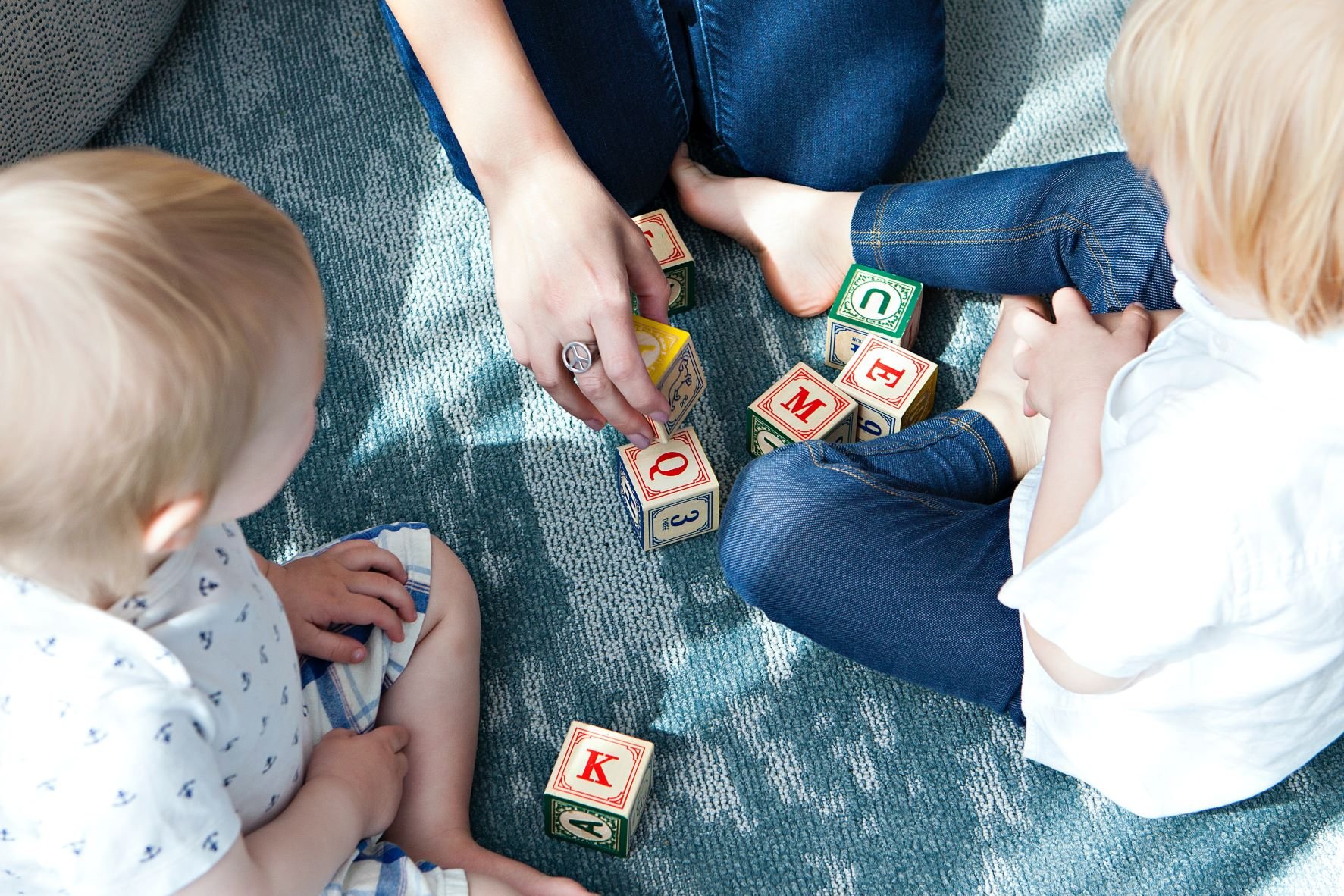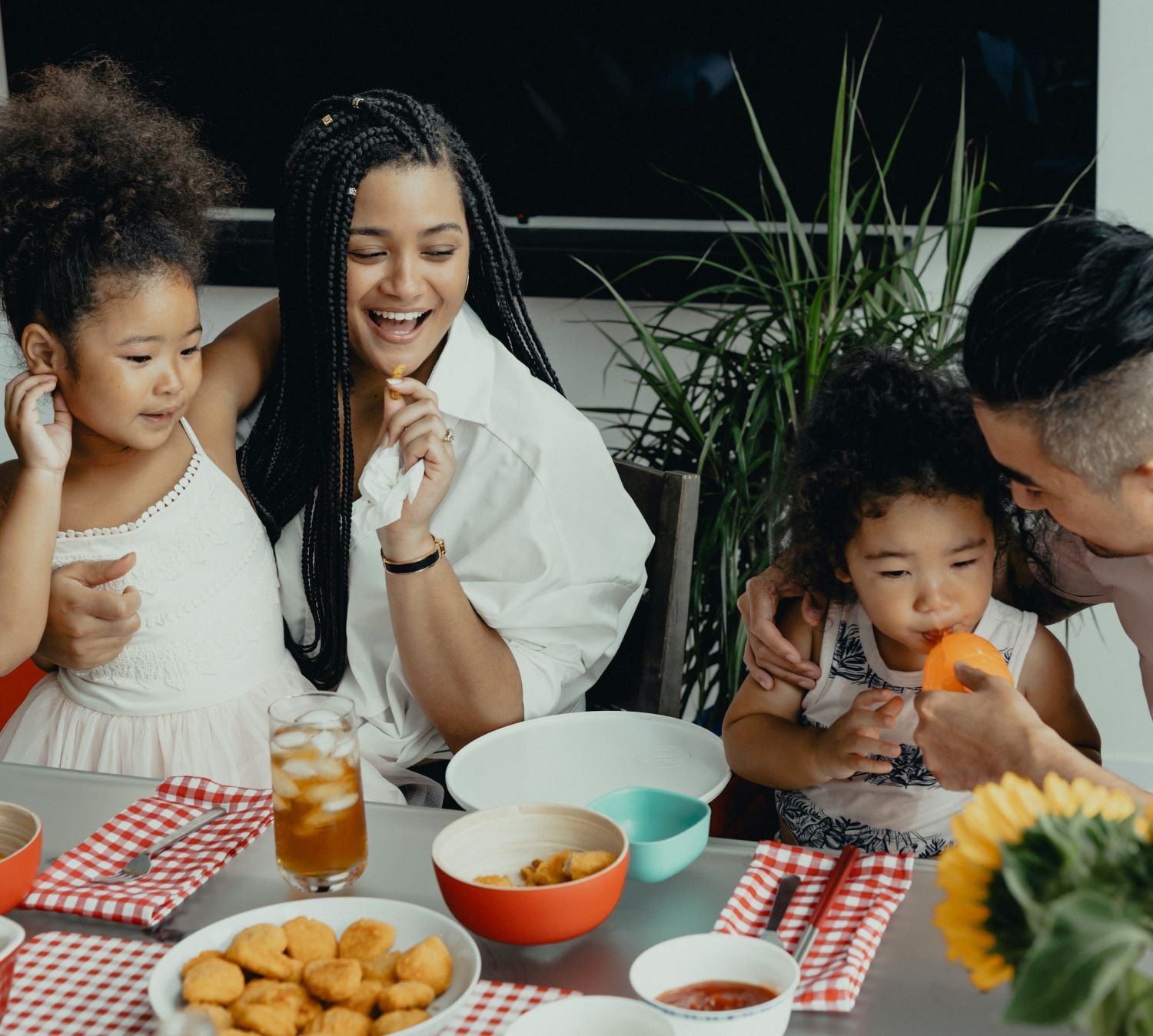Waffle Wisdom: God is Bigger Than Your "But"
During back-to-school season, we purchase supplies, and backpacks, and fill out endless paperwork. Many of us also try to cram those last-minute life lessons into our children who are learning to operate in the real world without us.
To make this a fun experience, our family has “Waffle Wisdom” every so often. The formula is very simple: I make large, fluffy, yummy Belgian waffles soaked in butter and syrup, and they listen to me speak wise words over them while they eat. I tell them I hope they, “Soak up these words like a waffle soaks up syrup!”
This year's “Waffle Wisdom” primarily focused on the word but.
I wanted to stress the idea of conflict management—It is okay to speak up when things don't feel right or if you are uncomfortable, as long as we speak up with kindness and respect.
Walking this fine line can be difficult! Somehow our but always seems to be in the way. For example, what if someone tells you, “I like you but you are annoying.” Do you feel liked? Or do you feel like an annoyance?
“Our kids, biological and foster, witnessed our family leaning on the strength that came from God, not ourselves. It is a holy and worthwhile calling. ”
How about if someone says, “I want to be your friend but I don’t have time.” Do you feel a friendship kindling, or do you feel lonely?
Our but can mess everything up.
Also—Where Honesty and Kindness Meet
Enter the superhero word: ALSO! Instead of but, imagine someone telling you, “I like you. And also, when you take my things I feel annoyed.”
Or what about someone saying, “I want to be your friend. Also, I’m overwhelmed and feel like I am always out of time”?
See what a difference also makes?
The word also pushes us towards solidarity and towards reconciling two differing positions, rather than negating the first idea expressed.
The Big But of Ministry
When we began sharing our calling to foster care with friends and family, one of the most common responses I received was, “But what about your biological children?” This is a prime example of letting but get in the way God’s work.
This question is problematic because it assumes I must sacrifice the children already in my care in an effort to help children in crisis. Our community simply didn’t understand our decision and wondered how we would weave the two worlds together.
“With our foster kids sharing our home, the entirety of the call to love God and love people was on display daily.”
Our family entered into foster care to offer safety to children in hard places and also so we could minister together as a family unit. The concern of, “But what about our kids?” could more accurately be framed as “Also, our kids will be in this ministry with us.”
But God
Throughout our experience with foster care, we’ve seen countless moments of faith in action, where our biological kids were given the opportunity to see what godly reconciliation and faithful love look like.
When we talk about being people of love, joy, peace, patience, kindness, goodness, faithfulness, gentleness, and self-control, we don’t have to reach very far for examples. We have also had plenty of opportunities to get it wrong and ask each other for forgiveness.
Within two days of having foster kids in our home I was asked, “Who is God, where is He, and why are you always talking to Him around here?” Imagine my embarrassment when I struggled to answer this basic question! After 12 years in professional ministry, I had never been asked, “Who is God?” and I found myself at a loss for words.
With these new kids sharing our home, the entirety of the call to love God and love people was on display daily. And it was very difficult. Our kids, biological and foster, witnessed our family leaning on the strength that came from God, not ourselves. It is a holy and worthwhile calling.
Two things can be true at once: your heart is called to help and also you feel overwhelmed.
Just don’t let your “but” get in the way.
Karis McQuinn has spent more than 12 years in professional children’s ministry, and her greatest joy is watching her children grow into who God has created them to be—in everyday moments. She is married to a dreamy engineer and is raising 4 gentlemen to be world changers.





Two things can be true at once: your heart is called to help and also you feel overwhelmed.
Just don’t let your “but” get in the way.